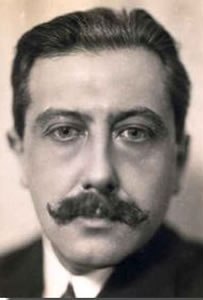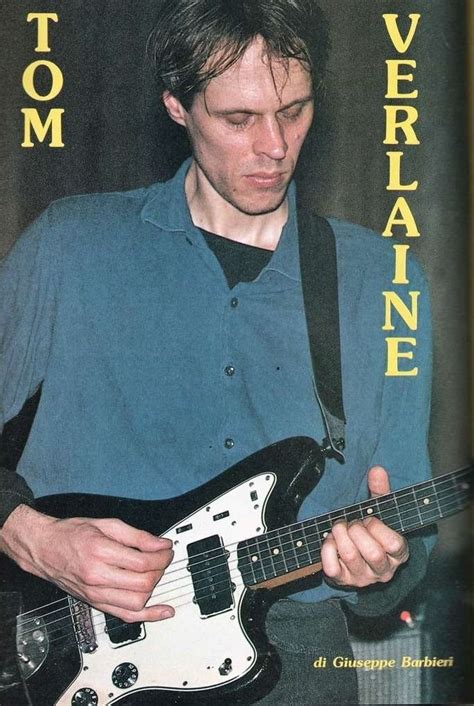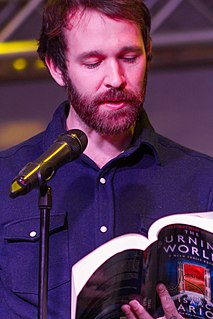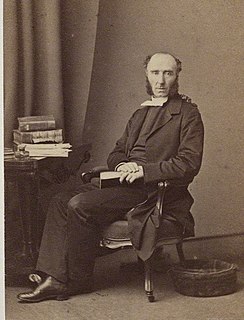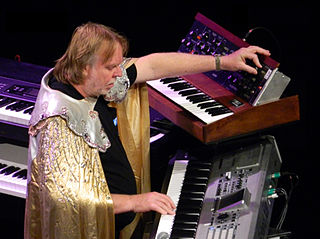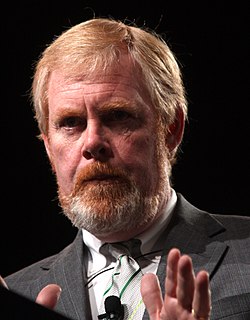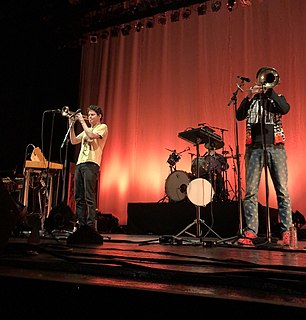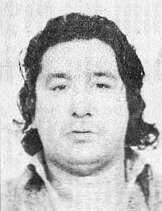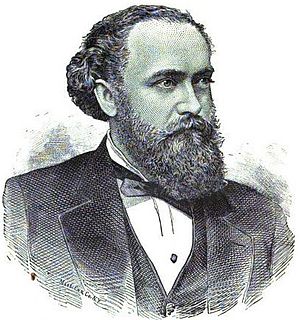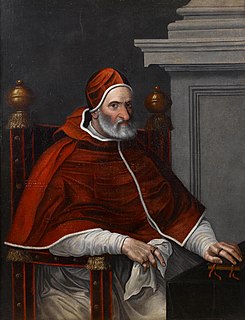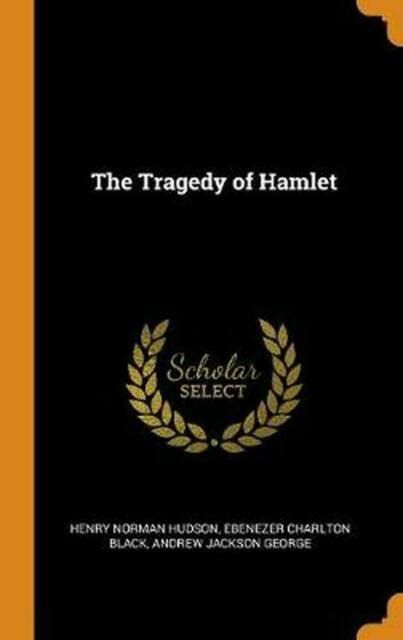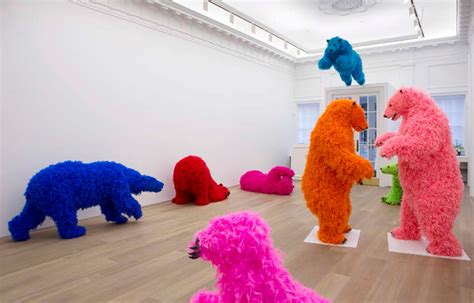Top 596 Organ Donation Quotes & Sayings - Page 9
Explore popular Organ Donation quotes.
Last updated on November 7, 2024.
A cow out on grass is just an incredible thing to behold... Cows and other ruminants can do things we just can't do. They have the most highly evolved digestive organ on the planet, called the rumen. And the rumen can digest grass. It takes grass, cellulose in grass, and turns it into protein, very nutritious protein. We can't do that.
For some of us, the soul is resident in the sole, and yearns ceaselessly for light and air and self-expression. Our feet are our very selves. The touch of floor or carpet, grass or mud or asphalt, speaks to us loud and clear from the foot, that scorned and lowly organ as dear to us as our eyes and ears.
The scholar was not raised by the sacred thoughts amongst which he dwelt, but used them to selfish ends. He was a profane person,and became a showman, turning his gifts to marketable use, and not to his own sustenance and growth. It was found that the intellect could be independently developed, that is, in separation from the man, as any single organ can be invigorated, and the result was monstrous.
All elongated objects, such as sticks, tree-trunks and umbrellas(the opening of these last being comparable to an erection) may stand for the male organ...Boxes, cases, chests, cupboards, and ovens represent the uterus...Rooms in dreams are usually women...Many landscapes in dreams, especially any containing breidges or wooded hills, may clearly be recognized as descriptions of the genitals.
Skepticism, as I said, is not intellectual only; it is moral also; a chronic atrophy and disease of the whole soul. A man lives by believing something; not by debating and arguing about many things. A sad case for him when all that he can manage to believe is something he can button in his pocket, and with one or the other organ eat and digest! Lower than that he will not get.
When anger is not trampling roughshod through our nervous system, it is sitting sullenly in some unspecified internal organ. "She's got a lot of anger in her," people will say (it nestles, presumably, somewhere in the gut), or, "He's a deeply angry man" (as opposed, presumably, to a superficially angry one). If anger isn't released, it "turns inward" and metamorphoses into another creature altogether.
The 'gatekeepers' became a term of revile. But when you think about the flow of information, I personally value immensely the calibration a news organ, whether it's on the web or in print, brings to the floodwaters of information. I haven't the time to read all the dispatches of the Associated Press, for example. It's fantastic what they put out, it's extremely good, from all over the world. I like when someone acts as a filter.
I do not suppose that anyone not a poet can realize the agony of creating a poem. Every nerve, even every muscle, seems strained to the breaking point. The poem will not be denied; to refuse to write it would be a greater torture. It tears its way out of the brain, splintering and breaking its passage, and leaves that organ in the state of a jelly-fish when the task is done.
The mystic must be steadily told,-All that you say is just as true without the tedious use of that symbol as with it. Let us have a little algebra, instead of this trite rhetoric,-universal signs, instead of these village symbols,-and we shall both be gainers. The history of hierarchies seems to show that all religious error consisted in making the symbol too stark and solid, and was at last nothing but an excess of the organ of language.
One can imagine a time when men who still inhabit organic bodies are regarded with pity by those who have passed on to an infinitely richer mode of existence, capable of throwing their consciousness or sphere of attention instantaneously to any point on land, sea, or sky where there is a suitable sensing organ. In adolescence we leave childhood behind; one day there may be a second and more portentous adolescence, when we bid farewell to the flesh.
My "heart". Does that pitiful organ still represent anything? It lies motionless in my chest, pumping no blood, serving no purpose, and yet my feelings still seem to originate inside its cold walls. My muted sadness, my vague longing, my rare flickers of joy. They pool in the center of my chest and seep out of there, diluted and faint, but real.
The last 100 years of research into the human brain...sees the brain as an organ that works by physical principles just like the other organs in the body...our emotions and higher callings, such as religion, as well as our grubby low-level physical systems like stereo vision and motor control, are products of a machine.
Back in the late '90s, I put together a humorous newsmagazine program called 'The Awful Truth' for Bravo. We helped one guy get an organ transplant whose insurance company had refused to pay. I thought, if we could save a guy's life in a 10-minute segment on cable, what could we do if we devoted a whole movie to a whole bunch of people?
In the end, science as we know it has two basic types of practitioners. One is the educated man who still has a controlled sense of wonder before the universal mystery, whether it hides in a snail's eye or within the light that impinges on that delicate organ. The second kind of observer is the extreme reductionist who is so busy stripping things apart that the tremendous mystery has been reduced to a trifle, to intangibles not worth troubling one's head about.
In [India] and across the globe, hundreds and thousands of children, as young as three, as young as four, are sold into sexual slavery. But that's not the only purpose that human beings are sold for. They are sold in the name of adoption. They are sold in the name of organ trade. They are sold in the name of forced labor, camel jockeying, anything, everything.
One reaches through to the continents and oceans of the imagination, worlds able to sustain anyone who will but play, and then lets the play deepen and deepen until it is a reality that few would even dare to entertain...The human imagination is the holographic organ of the human body, and we don't 'imagine' anything. We simply see things so far away that there is no possibility of validating or invalidating their existence.
The facts which our senses present to us are socially performed in two ways: through the historical character of the object perceived and through the historical character of the perceiving organ. Both are not simply natural; they are shaped by human activity, and yet the individual perceives himself as receptive and passive in the act of perception.
It is the grandeur of Christ's character which constitutes the chief power of His ministry, not His miracles or teachings apart from His character. The greatest triumph of the Gospel is Christ Himself--a human body become the organ of the Divine nature, and revealing, under the conditions of an earthly life, the glory of God.
To wade in marshes and sea margins is the destiny of certain bird, and they are so accurately made for this that they are imprisoned in those places. Each animal out of its habitat would starve. To the physician, each man, each woman, is an amplification of one organ. A soldier, a locksmith, a bank-clerk, and a dancer could not exchange functions. And thus we are victims of adaptation.
Apart from the positive woes of perdition, an eternity of wretchedness grows from the want of love to Christ as naturally as the oak grows from the acorn, or the harvest from the scattered grain. It is not that love to Christ merits heaven; it does far better, it makes heaven. It is, as it were, the organ of sensation that takes note of heaven's blessedness.
But while our parting was mutually acceptable and even expedient, still it was painful. And I would like to think it hurt both of us, for I certainly felt it: a wrenching inside, like some small but improbably necessary organ was no longer in there, that it was missing, torn or fallen out. And at the time I'd thought that was the end of it; what was missing was gone forever
In order to form for one's self a just notion of the operations which result in the production of thought, it is necessary to conceive of the brain as a peculiar organ, specially designed for the production thereof, just as the stomach is designed to effect digestion, the liver to filter the bile, the parotids and the maxillary and sublingual glands to prepare the salivary juices.
In the chummy corridors of the liberal media establishment, no self-satisfying myth is more prevalent than the notion that there are two types of national news networks. The first is Fox, the fiendishly opinionated, Roger-Ailes-manipulated Republican Party organ. The second is the non-Fox establishment, serenely gliding above the political fray on a magic carpet of nonpartisan open-mindedness.
All birds during the pairing season become more or less sentimental, and murmur soft nothings in a tone very unlike the grinding-organ repetition and loudness of their habitual song. The crow is very comical as a lover; and to hear him trying to soften his croak to the proper Saint-Preux standard has something the effect of a Mississippi boatman quoting Tennyson.
Modern life means democracy, democracy means freeing intelligence for independent effectivenessthe emancipation of mind as an individual organ to do its own work. We naturally associate democracy, to be sure, with freedom of action, but freedom of action without freed capacity of thought behind it is only chaos.
As matters now stand, the veto seems inappropriate, given the absence of any deep ideological split between major states, and definitely constrains the war-prevention mission of the UN. Similarly, the present permanent five are out of touch with geopolitical realities, and constitute a remnant of a West-centric world order, casting a shadow of illegitimacy across the activities of the most important organ of global policymaking in the UN System.
Socialism is the phantastic younger brother of despotism, which it wants to inherit. Socialism wants to have the fullness of state force which before only existed in despotism. ... However, it goes further than anything in the past because it aims at the formal destruction of the individual ... who ... can be used to improve communities by an expedient organ of government.
First, I started to play the organ. I did that until I was 11. From the age of 11 to 13, I gave up music entirely. And then at 13, I picked up the guitar, and after one and a half years, I started practicing intensively. I began playing in rock bands, and it was there that I discovered that the music I liked to write was always instrumental.
Making a record is a lot like surgery without an anesthetic. You first have to cut yourself up the middle. Then you have to rip out every single organ, every single part and lay them on a table. You then need to examine the parts, and the reality of the situation hits you. Then you pop it all back in, sew yourself shut and perform.
The greatest thing about my house was that I was in the far end of it and I could make as much noise as I wanted. By the time I moved out, I had a full-sized piano, two full-sized organs, bits and pieces of a drum kit, and a whole computer set up for Pro Tools. I had this mattress in between the piano and the organ. That was the only walking room.
But the fact of it was that I liked it out there, a ruin devoid of human vanities, clean of human illusions, an empty place reclaimed by the weather where a woman plays an organ to stop the wind's whining and an old man plays ball with a dog named Duke. I could tell you that I came back because I had promises to keep, but maybe it was because nobody asked me to stay.
I would not like to live in a world without cathedrals. I need their beauty and grandeur. I need their imperious silence. I need it against the witless bellowing of the barracks yard and the witty chatter of the yes-men. I want to hear the rustling of the organ, this deluge of ethereal notes. I need it against the shrill farce of marches.
All goes to show that the soul in man is not an organ, but animates and exercises all the organs; is not a function, like the power of memory, of calculation, of comparison, but uses these as hands and feet; is not a faculty, but a light, is not the intellect or the will, but the master of the intellect and the will; is the background of our being, in which they lie,--an immensity not possessed and that cannot be possessed.
The brain is not, like the liver, heart and other internal organs, capable from the moment of birth of all the functions which it ever discharges; for while in common with them, it has certain duties for the exercise of which it is especially intended, its high character in man, as the organ of conscious life, the supreme instrument of his relations with the rest of nature, is developed only by a long and patient training.
I realized that the good stories were affecting the organs of my body in various ways, and the really good ones were stimulating more than one organ. An effective story grabs your gut, tightens your throat, makes your heart race and your lungs pump, brings tears to your eyes or an explosion of laughter to your lips.
How could poetry and literature have arisen from something as plebian as the cuneiform equivalent of grocery-store bar codes? I prefer the version in which Prometheus brought writing to man from the gods. But then I remind myself that...we should not be too fastidious about where great ideas come from. Ultimately, they all come from a wrinkled organ that at its healthiest has the color and consistency of toothpaste, and in the end only withers and dies.
They [Bishops] shall also banish from churches all those kinds of music, in which, whether by the organ, or in the singing, there is mixed up any thing lascivious or impure; as also all secular actions; vain and therefore profane conversations, all walking about, noise, and clamour, that so the house of God may be seen to be, and may be called, truly a house of prayer.
People who always feel jolly, no matter where they are or what happens to them?who have the organ of hope preposterously developed?who are endowed with an uncongealable sanguine temperament?who never feel concerned about the price of corn?and who cannot, by any possibility, discover any but the bright side of a picture?are very apt to go to extremes, and exaggerate with 40-horse microscopic power.
Imagination is the organ through which the soul within us recognizes a soul without us; the spiritual eye by which the mind perceives and converses with the spiritualities of nature under her material forms; which tends to exalt even the senses into soul by discerning a soul in the objects of sense.
Whatever of goodness emanates from the soul, gathers its soft halo in the eyes; and if the heart be a lurking place of crime, the eyes are sure to betray the secret. A beautiful eye makes silence eloquent, a kind eye makes contradiction assent, an enraged eye makes beauty a deformity; so you see, forsooth, the little organ plays no inconsiderable, if not a dominant, part.
I learned how the brain is the softest organ we have - how soft the brain literally is and also how easily it can be manipulated. I think I will survive the whole thing, but there are lots of coincidences. For example, somehow I might have been trained to sustain stress through my life and through my art.
What a proof of the Divine tenderness is there in the human heart itself, which is the organ and receptacle oft so many sympathies! When we consider how exquisite are those conditions by which it is even made capable of so much suffering--the capabilities of a child's heart, of a mother's heart,--what must be the nature of Him who fashioned its depths, and strung its chords.
There exists a creature which is perfectly harmless; when it passes before your eyes you scarcely notice it and forget it again immediately. But as soon as it invisibly gets somehow into your ears, it develops there, it hatches, as it were, and cases have been known where it was penetrated even into the brain and has thriven devastatingly in that organ, like those pneumococci in dogs that gain entrance through the nose.This creature is one's neighbor.
At this point, an urgent question arises: [...] Is it our duty to seek to become a thorough and complete human being, one quite sufficient unto himself; or, on the contrary, to be only a part of a whole, the organ of an organism? Briefly, is the division of labor, at the same time that it is a law of nature, also a moral rule of human conduct; and, if it has this latter character, why and in what degree?
The brain is the most complicated organ in the universe. We have learned a lot about other human organs. We know how the heart pumps and how the kidney does what it does. To a certain degree, we have read the letters of the human genome. But the brain has 100 billion neurons. Each one of those has about 10,000 connections.




